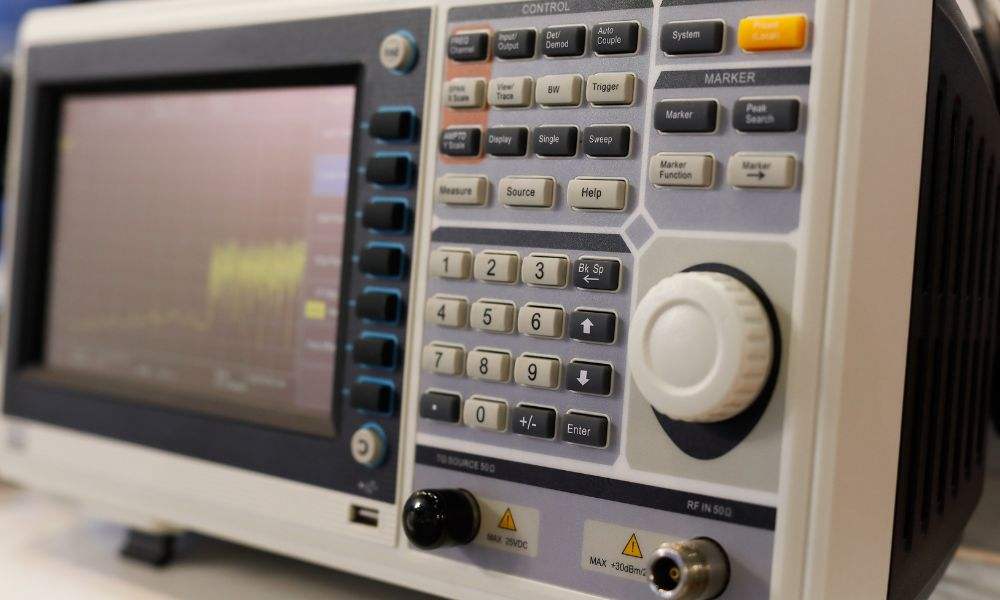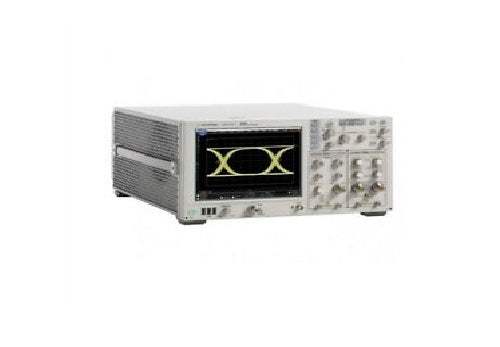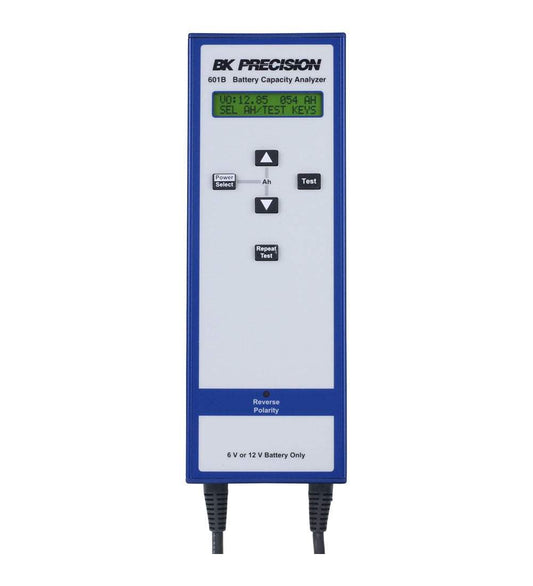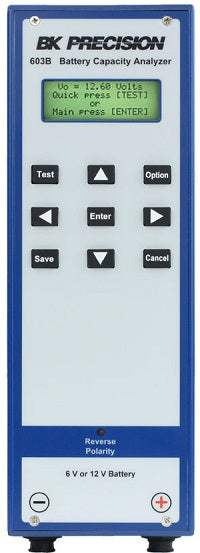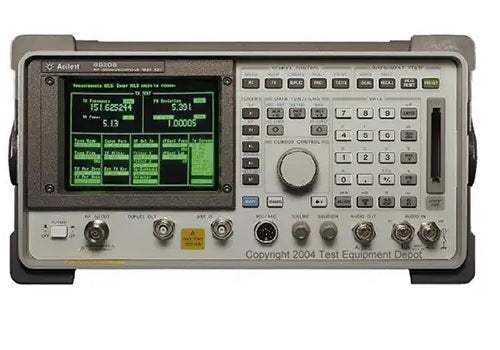If you're in the field of electronics or radio frequency (RF) engineering, you already know the value of a spectrum analyzer. These devices are essential for examining the frequency and amplitude of signals. However, not all spectrum analyzers are equal. Read this explanation of the different types of spectrum analyzers.
Swept-Tuned Spectrum Analyzers
Swept-tuned spectrum analyzers are the most common type you'll encounter. These devices sweep a frequency range to give a visual representation of the amplitude versus frequency. They are particularly useful for capturing and analyzing transient, unstable, or unknown signals. Because they operate by sweeping through frequencies, they can miss short-duration signals, which may be crucial for some applications.
Real-Time Spectrum Analyzers
Real-time spectrum analyzers differ from swept-tuned models; they capture a block of spectrum in real time, allowing for the instantaneous analysis of signals. This is especially beneficial when you’re working with dynamic or rapidly changing signals. However, real-time analyzers generally have a more limited frequency range compared to their swept-tuned counterparts.
Vector Signal Analyzers
If you need to dig deeper into the properties of complex modulated signals, a vector signal analyzer could be your go-to tool. Unlike other types, these analyzers can measure the amplitude and the phase of a signal, providing a detailed view of its characteristics. They are ideal for applications in digital communications and radar, where it's necessary to look at intricate modulation schemes.
Audio Spectrum Analyzers
Audio spectrum analyzers are particularly useful in music production, broadcasting, and acoustical studies because they are geared toward lower frequency ranges. They allow for a detailed examination of audio signals, helping you fine-tune for clarity, depth, and other characteristics. While not suitable for high-frequency RF applications, they're indispensable in their specialized niche.
Now that you know the different types of spectrum analyzers, you’re well-equipped to choose a device for your projects. Whether you’re looking to buy new or used spectrum analyzers, it’s best to have a full picture of your options.


